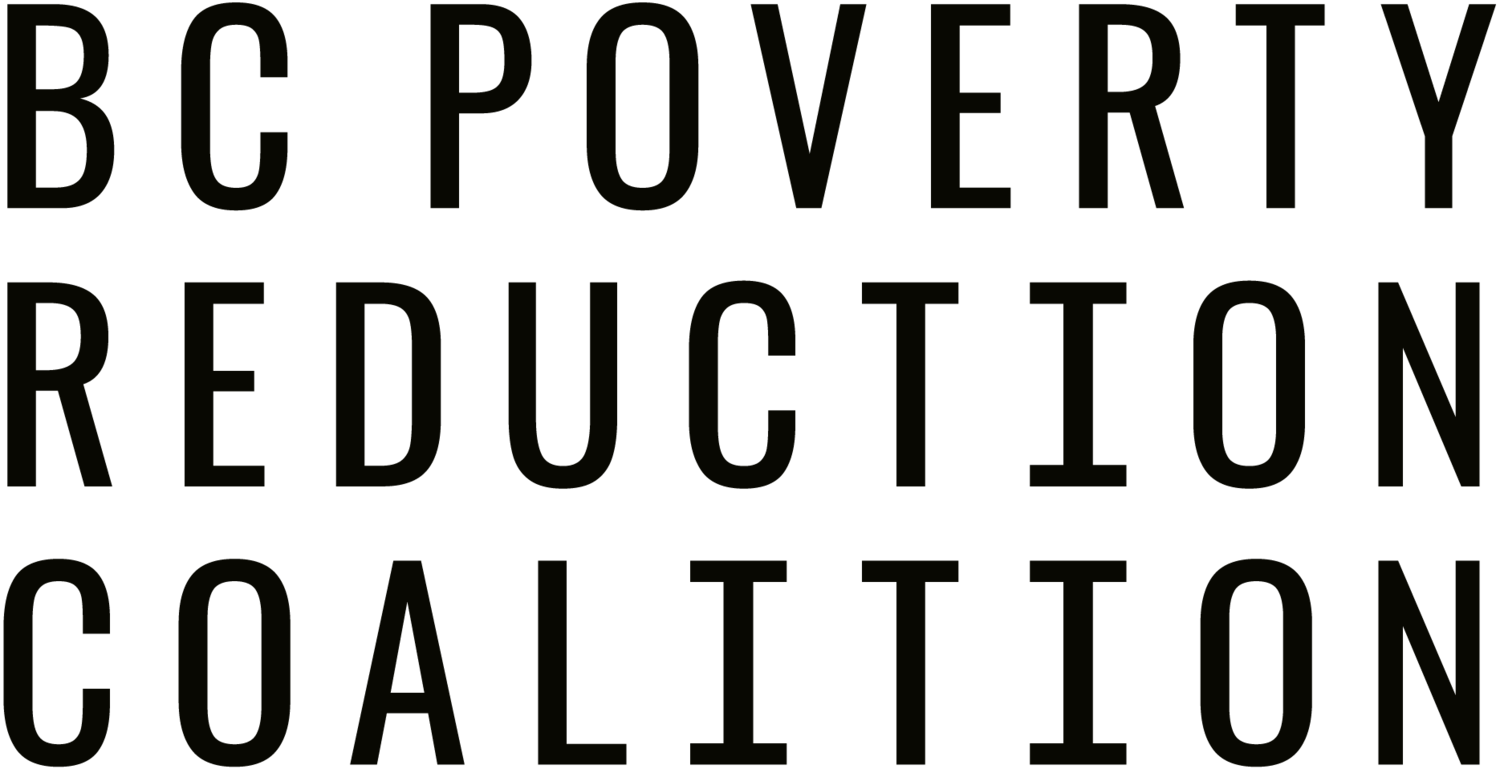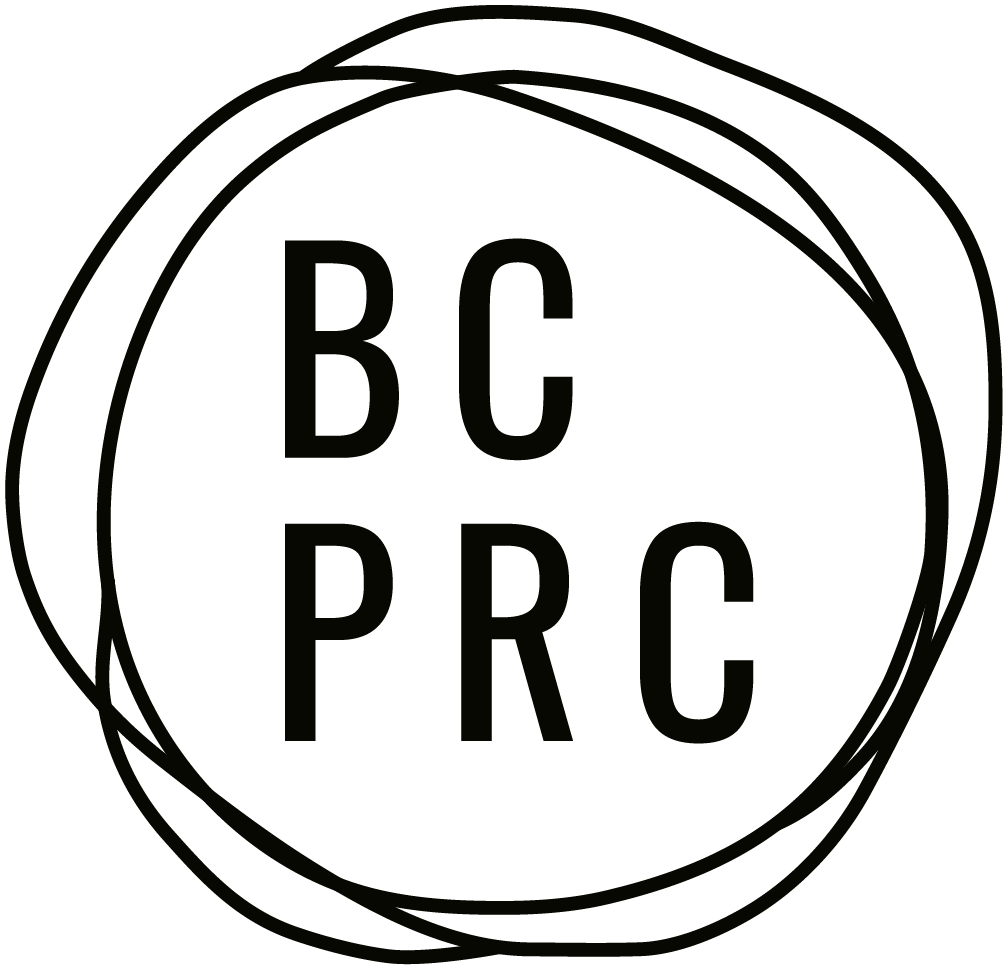Submission to TransLink’s 2025 Investment Plan Review
View transit as a public good, with transit riders as those you serve, rather than a business with customers to retain or lose.
Sent on April 23, 2025 to the Senior Advisor, Stakeholder & Community Relations at TransLink Drew Ferrari, Minister of Transportation Mike Farnworth, and Chair of the Mayors’ Council on Regional Transportation Brad West
Written by Sacia Burton, BC Poverty Reduction Coalition
Bold and sustained investment in public transportation is critical to maintaining a network of reliable and dignified transportation for hundreds of thousands of people across the Lower Mainland every day. Public transit must remain a dignified, accessible, and reliable choice for people across our communities. The alternative – drastic cuts across routes – would significantly increase precarity and make life harder for thousands, cutting many off from their communities entirely.
There are numerous goals outlined in TransLink’s 2025 Investment Plan that give me hope that we are moving transit in the right direction. These include:
Additional bus service hours to address overcrowding
Expanding bus rapid transit routes
Increased seasonal service to parks and beaches to improve equitable access to recreation
Improvements to underserved communities to connect neighbourhoods with amenities, education, and employment opportunities
It is heartening to see an acknowledgement in this Plan’s funding model that the broader community reaps intersecting benefits from reliable public transit and should thus pay into it appropriately. A robust and reliable public transit network reduces traffic and greenhouse gas emissions; improves connectivity to employment, education, amenities, and leisure; and supports the well-being of the whole community.
Given the previously projected shortfall of $600 million, it is critically important and commendable that the Government of BC stepped up with a $312 million dollar grant. This should be sustained funding that ensures reliable services, rather than something that is in question each year during investment planning.
We likewise commend the Government of Canada’s investment of $66 million in capital funding over 10 years and encourage future governments to (at minimum) maintain and expand investment in critical transit infrastructure. We echo TransLink’s call for the Government of Canada to fully fund Metro Vancouver’s Access for Everyone Plan.
A noteworthy concern from this plan is the $1.50 per trip increase to the Canada Line’s YVR AddFare. This increase could cost someone working full time at YVR $60 more per month to commute to and from their workplace (based on a full-time, five-day work week). For workers at YVR making below a living wage, this could add significant strain to a monthly budget. We recommend that TransLink conduct immediate outreach to employers at YVR about the Transit Friendly Employer program to ensure that workers are not bearing the burden of this fare increase.
Further, the introduction to the investment plan notes that increased fare evasion enforcement is a “cost-saving” measure without any further demonstration of its effectiveness as a net positive for TransLink. For a transit rider, receiving a fare-evasion ticket that they cannot afford to pay would negatively impact their credit, their freedom of movement, and their capacity to obtain a driver's licence if the ticket remains unpaid on their record. Fare enforcement is a punitive approach that places undue harm on low-income transit riders and limits their mobility options. We do not recommend directing resources towards fare enforcement as a means of financial recuperation for TransLink.
Of particular importance is maintaining transportation accessibility for people on fixed and limited incomes. Affordability is crucial for people who receive disability (PWD) or income assistance, seniors on government pensions, low-income families, and youth under 18. We encourage you to explore every avenue for maintaining affordable fares for these populations in particular.
I urge you to view transit as a public good, with transit riders as those you serve, rather than a business with customers to retain or lose.
I look forward to your continued support of accessible, dignified transportation throughout our province.


